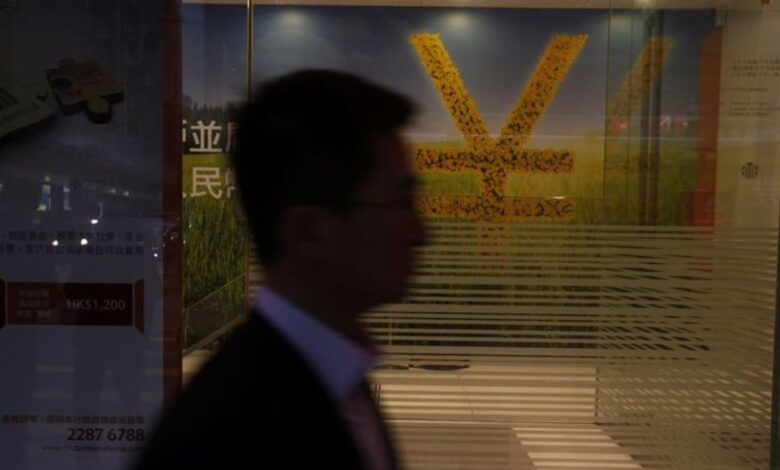US sanctions test China’s ‘no limits’ friendship with Russia

BEIJING: Chinese banks are tightening scrutiny over trade with Russia for fear of incurring strict new US sanctions over the Ukraine war, testing the “no limits” friendship between the two countries.
China’s trade with Russia has hit record highs in recent years, drawing accusations that it is helping buoy its long-time ally’s economy, with President Vladimir Putin due to visit Beijing in May.
But Washington’s recent vow to go after financial institutions that help Moscow fund the conflict has tested the boundaries of Beijing’s bonhomie – and left its banks fearful of getting cut off themselves.
An executive order by President Joe Biden in December permits secondary sanctions on foreign banks that deal with Russia’s war machine, allowing the US Treasury to cut them out of the dollar-led global financial system.
Since then, several Chinese banks have halted or slowed transactions with Russian clients, according to eight people from both countries involved in cross-border trade.
“At the moment, it’s tough to get money in from Russia,” said one Chinese clothing wholesaler as he sat outside his store at a cavernous trade centre in downtown Beijing this week.
“The banks don’t give a reason … but it’s probably due to the threat (of sanctions) from America,” he said, as a handful of Russian visitors browsed shelves of Chinese electronics, leather bags and tea.
Traders said banks are imposing extra checks on cross-border settlements to rule out any risk of exposure to sanctions – screening that can take months and has jacked up costs, sparking cash flow crises at smaller import-export businesses.
Another business owner told AFP on condition of anonymity they had been forced to close their China operations and return to Russia as they “cannot get any money from customers”.
The traders declined to be identified due to the sensitivity of discussing Beijing and Moscow’s trading relationship.
The payment hold-ups have coincided with a fall in Chinese exports to Russia during March and April, down from a surge early in the year.
“Even though the sanctions were imposed to (hinder) the export of certain items from China, they have some impact on ordinary trade,” Pavel Bazhanov, a lawyer serving Russian businesses in China, told AFP.
The slowdown in payment processing contrasts “starkly” with the rapid handling of yuan-denominated transactions in the past, he said.

